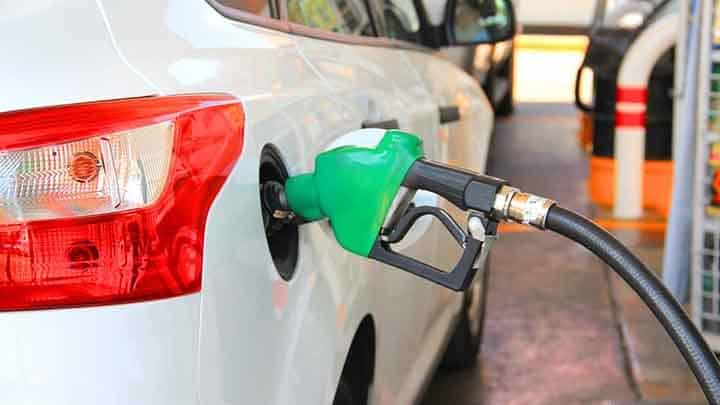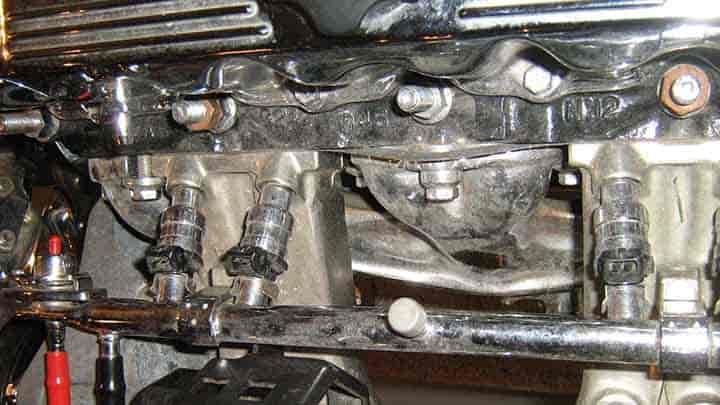
The average person is accustomed to driving vehicles which require gasoline fuel, such as regular unleaded and super unleaded. If you’re a commercial vehicle driver, then you’re probably more familiar with diesel fuel. Gasoline and diesel are the two types of fuel that everyone has heard of before. But there are other types of vehicle which you might not even be aware exists. Either that or you might not know too much about it because you’ve never had to concern yourself with it before.
List of fuels used in different vehicles
To learn more about these fuels, you can continue reading from this list below. The following is a list of the 6 main types of fuels that are used in different vehicles on the road today.
1) Gasoline Fuel
The average passenger vehicle on the road needs gasoline fuel for its four-stroke engine. Gasoline fuel makes it easy for engines to generate enough power to move the wheels underneath the vehicle. Not only does it allow you to start your vehicle quickly, but gasoline also allows you to accelerate quickly too. The combustion process is so simple because the gasoline mixes with air before it is ignited. Once the vehicle is in operation, the movements are generally quiet.
Of course, the only concern about gasoline is the hydrocarbon emissions it produces. Scientists overwhelming believe that hydrocarbon emissions are responsible for the global warming crisis facing our world. It is also believed that people are getting sicker from breathing in the carbon-filled air too. That is why alternative fuel sources have been invented which are more environmentally friendly.
2) Diesel Fuel
Commercial vehicles or any type of transport vehicle will need diesel fuel. It is a non-renewable fuel source just like gasoline is. However, diesel fuel produces fewer hydrocarbon emissions and increases fuel efficiency by up to 30%. That is why diesel-powered vehicles have better longevity than traditional gasoline-powered vehicles. On the downside, diesel fuel generates excessive amounts of nitrous oxide and organic compounds, which contributes to the formation of smog.
3) Compressed Natural Gas
Compressed natural gas is compatible with certain diesel engines and gasoline engines which have been specially converted to accept it. The benefit of compressed natural gas is that it is non-corrosive, transparent, and odorless. It comes in either gas form or liquid form too. If you can get a compressed natural gas fuel system fitted into your vehicle, then your engine will produce 80% fewer hydrocarbon emissions than a vehicle which needs regular gasoline. Unfortunately, compressed natural gas is only available in select locations, mostly in California.
Read also:
- Top 5 Best 4WD Cars with Good Gas Mileage
- How do Hybrid Cars Work?
- Hydrogen Fuel Cars vs Hybrid Cars vs Gasoline Cars Efficiency
4) Liquefied Petroleum
Liquefied petroleum, aka propane, is a cleaner alternative fuel option to regular gasoline. However, the vehicle’s engine must be converted to accept propane. A lot of hybrid vehicles in Great Britain run on propane fuel, but not so much in the United States. When propane is burned, there are not too many toxins or smog produced. Propane is even cheaper than diesel or gasoline.
5) Biodiesel
Biodiesel is a more natural version of regular diesel. Biodiesel is made from natural food ingredients like palm oil, rapeseed, sugar beet, and olive oil. This fuel does not produce nearly as many hydrocarbons as regular diesel or gasoline because it burns so cleanly. You just need a special biodiesel engine which can run on this type of fuel.
6) Ethanol
Ethanol is another natural fuel alternative to diesel and gasoline. It is manufactured by converting natural products like barley, corn, and sugar cane into fuel. Ethanol is particularly popular because it can be used in traditional gasoline engines without requiring any special fuel system additions, modifications or upgrades. Some gasoline engines can handle 100% ethanol fuel, while others need a mixture of gasoline and ethanol. Even if the fuel is 10% ethanol, it is supposed to help make your vehicle more fuel efficient and less polluting to the environment.


